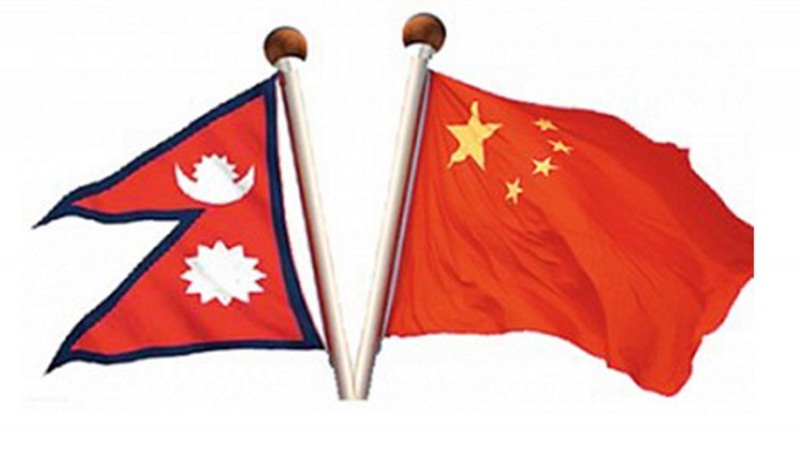Kathmandu, April 4. Nepal’s leading commercial bank, Nabil Bank and Nepal Sthaniya Tayari Poshak Utpadan Sangh (NSTPUS) have entered into a collaboration to provide various SME loans for catering the requirements of the members of NSPTUS.
Under this strategic partnership, local readymade garment manufacturers shall be benefitted by various SME loans from Nabil Bank to meet their financing requirements for sustainable growth. Furthermore, those enterprises shall get advisory/development support from NSTPUS.
Mr. Niraj Kumar Basnet (Danil), Head – SME & MF Division, Nabil Bank and Mr. Kishor Nepal, President, NSTPUS, Kathmandu signed the agreement in the presence of Mr. Manoj Kumar Yadav, Manager, Microfinance Division, Nabil Bank and Mr. Sumit Pradhan, Vice President, NSTPUS.
Speaking about the partnership, Mr. Niraj Kumar Basnet (Danil) said, “Nabil Bank believes that the nation’s development is only possible with the upliftment of the local businesses in terms of development of skills for sustainability, increment in production and job creation through easy access to finance. With this strategic partnership, bank shall provide various types of banking facilities including SME loans as per the requirements of local readymade garment manufacturers thereby enabling them to grow their businesses and contribute to the economic development of the country. Nabil Bank, being a responsible corporate citizen of the country, is very excited to collaborate with NSTPUS in providing support to the local businesses in promoting “Make in Nepal” products throughout the country.
Likewise, Mr. Kishor Nepal said “Nepal Sthaniya Tayari Poshak Utpadan Sangh has been established with the main slogan “Let’s Use Nepali Products, Let’s Help in Nation Building”. We believe that locally manufactured readymade garments will be a great prospect and a beacon of hope, a path to prosperity as we become self-sufficient in domestic goods by replacing imports.”
















